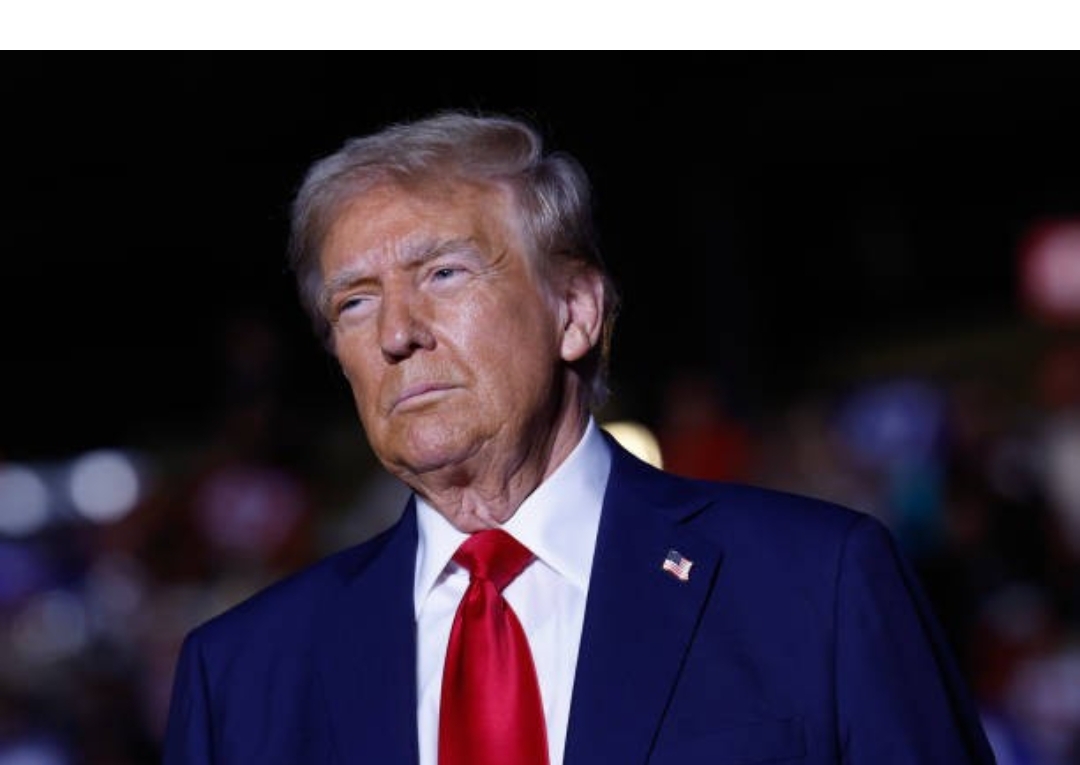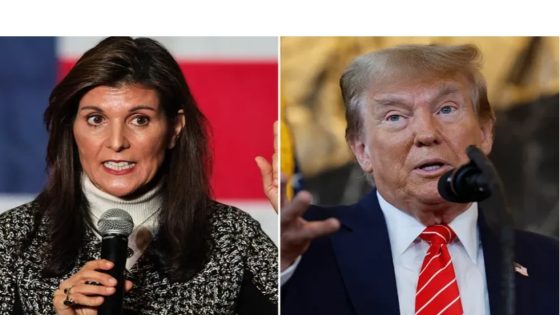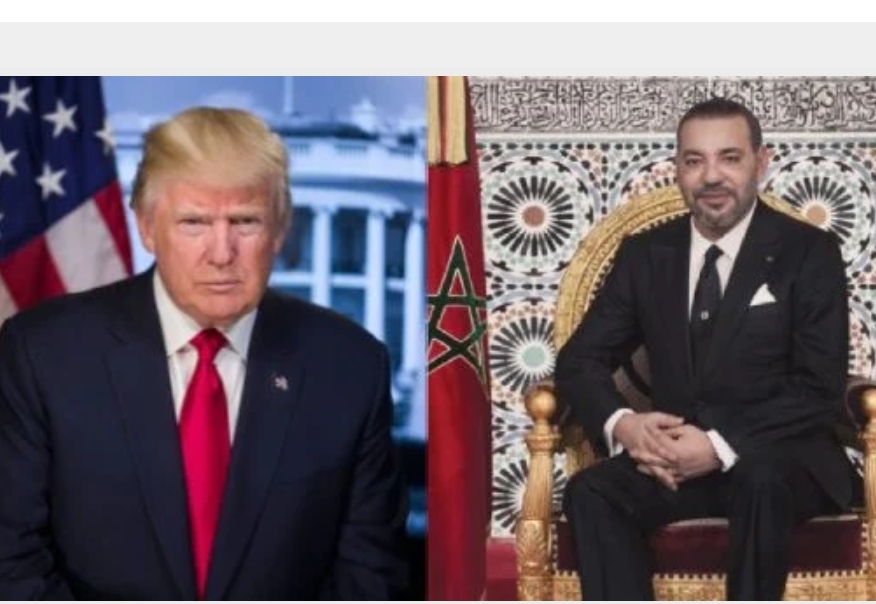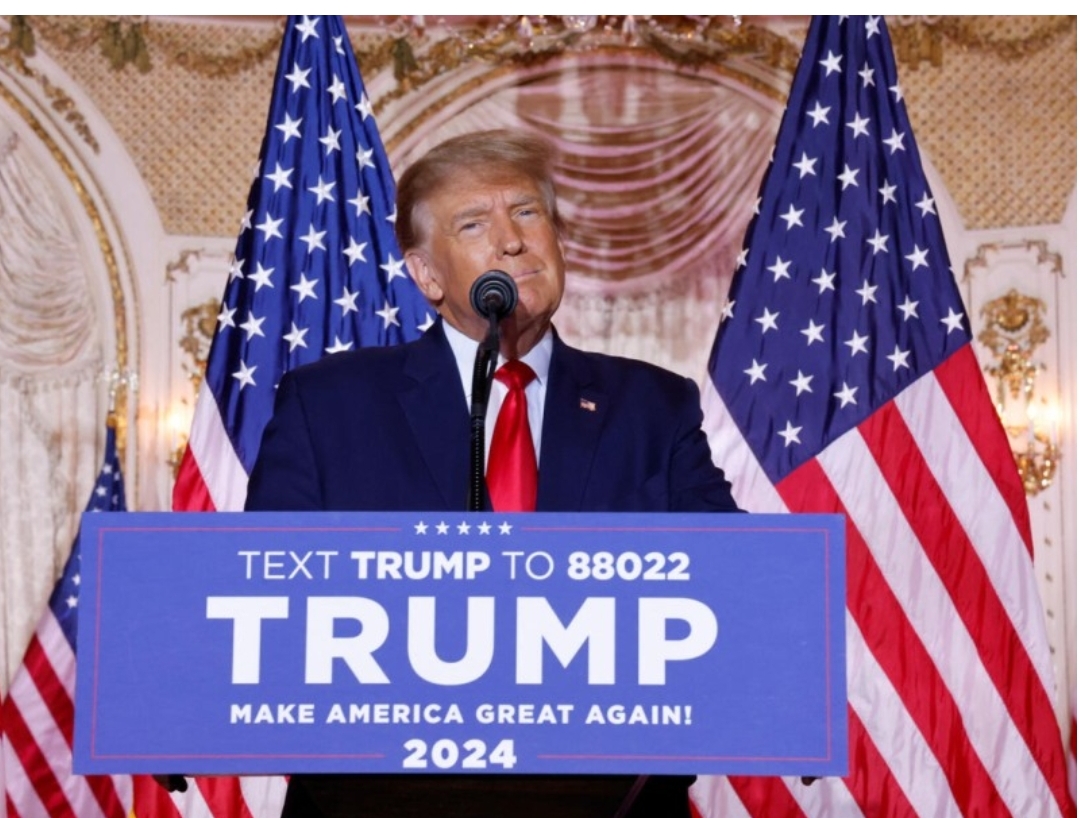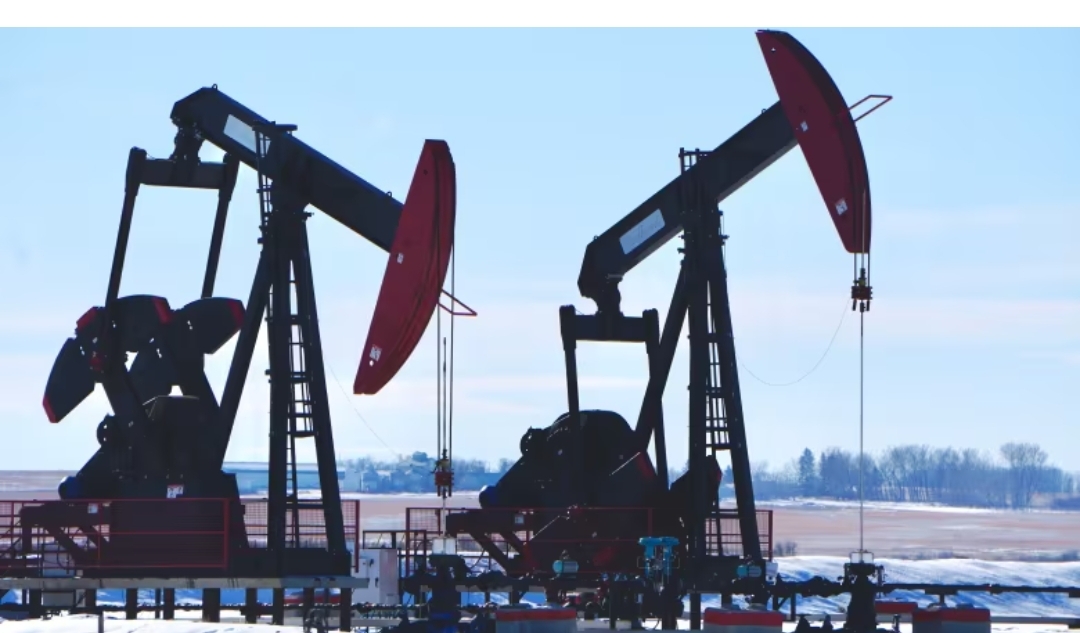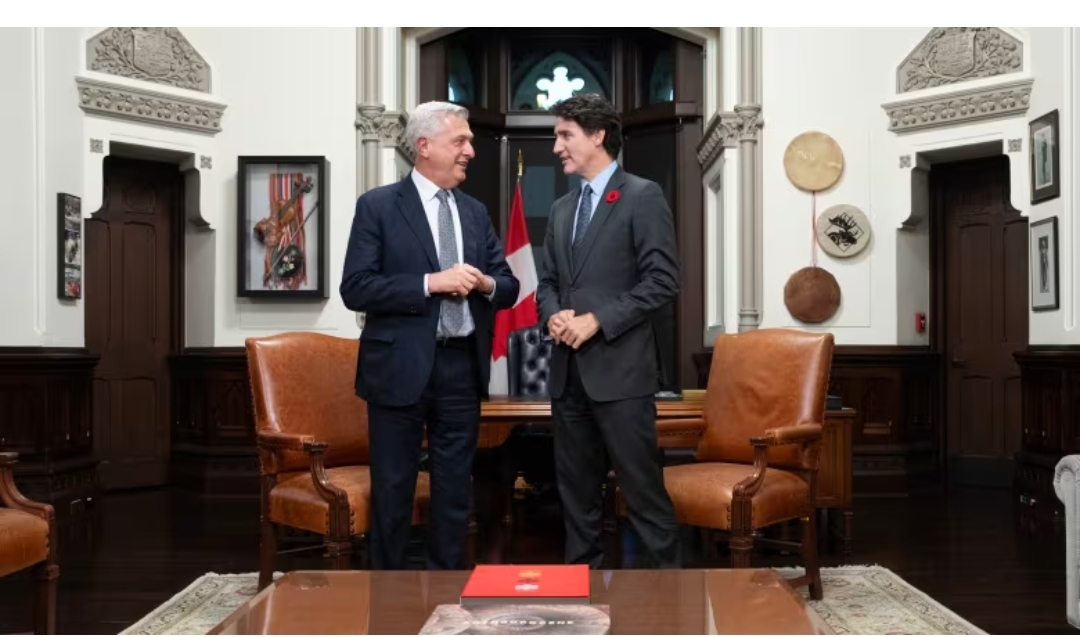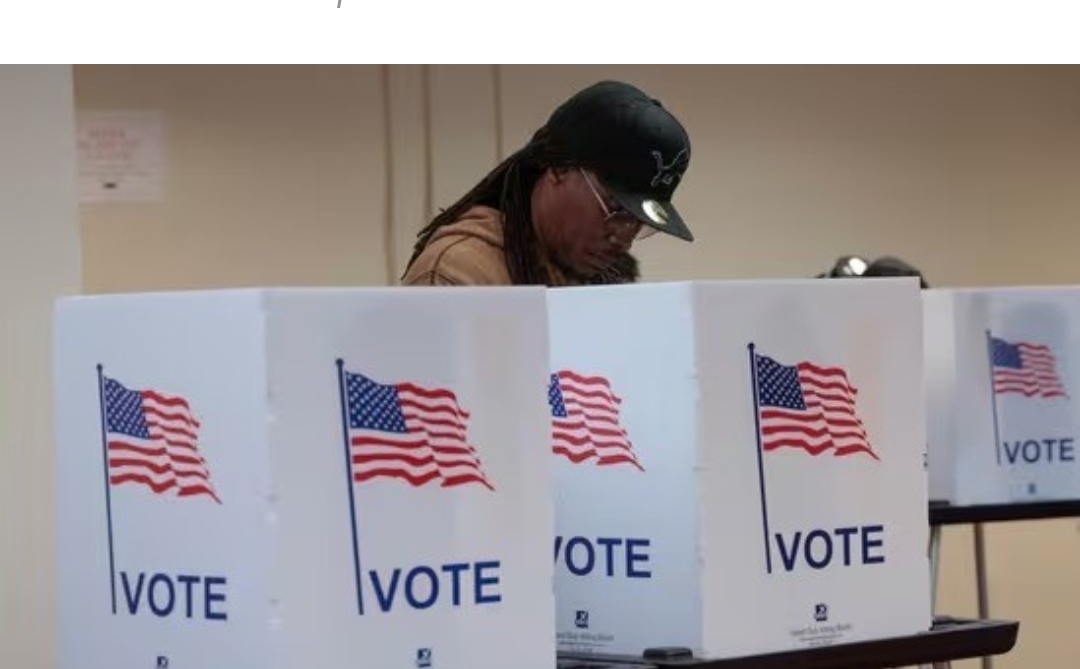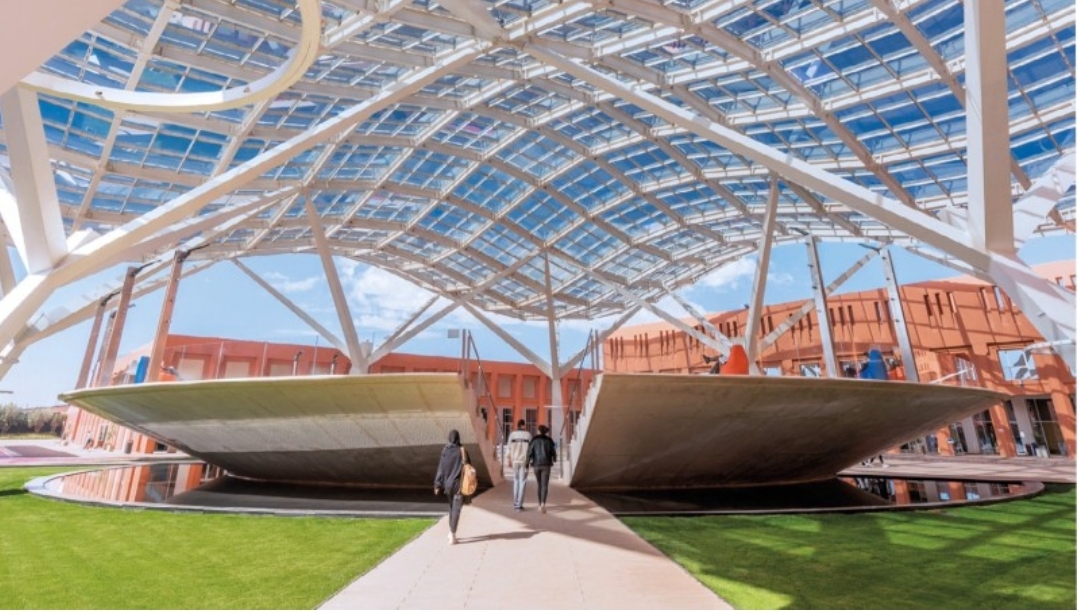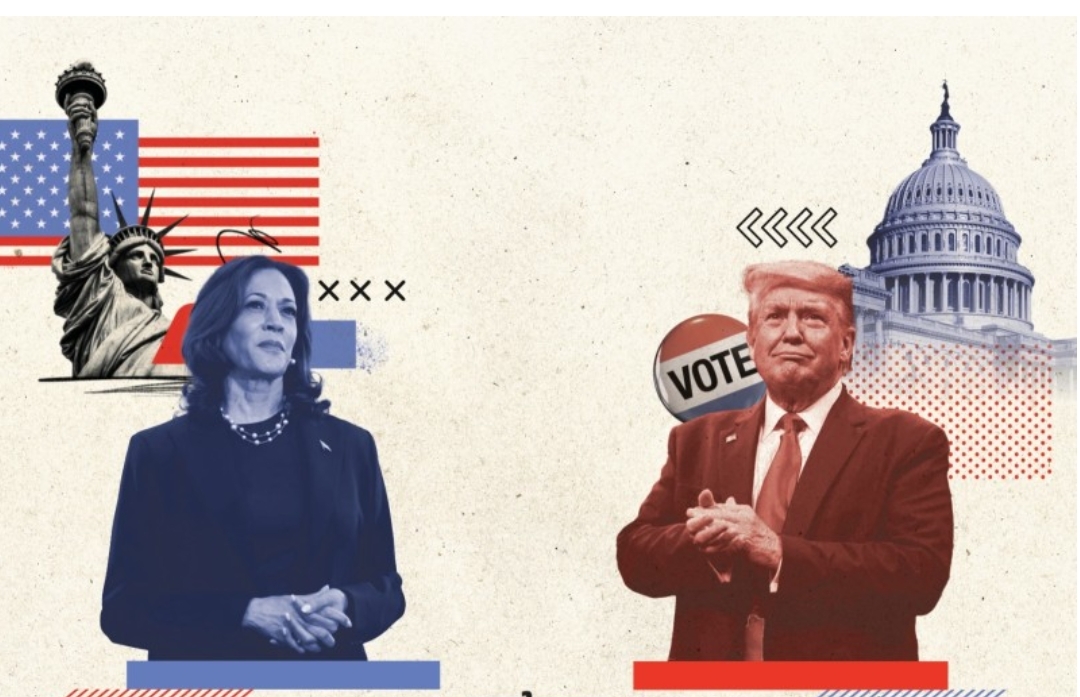Assahafa.com
Donald John Trump, born on June 14, 1946, has built a high-profile career in business, media, and politics, going onto gain global recognition for his role as the 45th President of the United States from 2017 to 2021.
Today, Trump has inserted himself more prominently into the political spotlight again and secured a historic second term, winning the 2024 election and becoming the 47th President of the United States.
From inheriting his family’s real estate business to reshaping it as the Trump Organization, he established a reputation in skyscrapers, casinos, and golf courses. He further expanded his public presence with “The Apprentice”, a reality show that cemented his image as a tough, deal-making businessman.
Trump’s political ascent began with his 2016 presidential run, during which his populist and nationalist stance, along with his critiques of immigration, resonated with many Americans.
Despite losing the popular vote, he won the presidency through the Electoral College. His term included high-profile decisions such as imposing a travel ban on several Muslim-majority nations, initiating a trade war with China, withdrawing from the Paris Climate Agreement, and rolling back over 100 environmental regulations.
Known for his combative style, frequent misstatements, and “take it or leave it” attitude, Trump remains a divisive figure in US politics.
After losing the 2020 election to Joe Biden, Trump’s refusal to concede led to the January 6 Capitol attack, an event that solidified his influence on US politics while raising questions about democratic stability.
The New York tycoon has found himself in trouble with the law as of late, and he has been convicted of multiple felonies related to his business dealings and allegations of mishandling classified documents. Trump’s legal entanglements have cast a shadow over his current 2024 campaign.
What can Americans expect in a second Trump presidency?
While Trump was campaigning for his second term, he announced bold promises aimed at reshaping immigration, economic policy, and national security, echoing his prior pledges with even more assertive rhetoric.
Key proposals include:
Immigration crackdown: Trump has pledged that his first priority upon returning to office will be executing “the largest deportation operation in American history.” This plan includes deploying local law enforcement and possibly even the National Guard to aid in the mass deportation of undocumented migrants, which he claims would begin with individuals accused of violent crimes. Trump’s proposed plans extend to restoring the “Remain in Mexico” policy and Title 42 policies, which would keep asylum seekers outside US borders.
Reversing “Open Border” Policies: Trump has targeted the Biden administration’s immigration policies, vowing to reinstate travel bans on Muslim-majority countries and tighten refugee restrictions. This approach would mark a return to his 2017 travel ban, which sparked legal and public backlash and was later revised to focus on specific security risks.
Economic Relief and Inflation: Trump has promised to “end inflation and make America affordable again,” though he has not provided details on his strategy. He proposes to halt the expiration of the Tax Cuts and Jobs Act of 2017, maintaining tax reductions for American households. Additionally, Trump looks to eliminate taxes on tips, a measure estimated to have significant fiscal costs but potentially favorable for service-sector workers.
Global Conflict and Defense Policy: Trump claims he can swiftly end the ongoing Russia-Ukraine conflict, pledging to avoid “World War III” through a policy of “peace through strength.” This would also involve establishing a missile defense system modeled after Israel’s Iron Dome, though he has not specified the security threats this project would address.
Social Policy Overhauls: On cultural issues, Trump has committed to signing executive orders that would penalize schools promoting what he terms “critical race theory” and restrict transgender participation in sports, particularly focusing on youth sports. These pledges reflect Trump’s long-standing emphasis on conservative social policies, drawing support from his base while intensifying critical debates on public education and LGBTQ+ rights.
Western Sahara: Trump’s diplomatic legacy, potential future moves
One of Trump’s most controversial, yet significant, foreign policy moves came in December 2020 when his administration recognized Morocco’s sovereignty over Western Sahara. The move broke from decades of US neutrality on the matter, aligning with Morocco’s long-standing claim to the territory
In his announcement, Trump affirmed his support for Morocco’s Autonomy Plan, asserting that it represented the only realistic solution to the conflict. He remarked on the historic relationship between the US and Morocco, noting that “Morocco recognized the United States in 1777,” suggesting a symbolic reciprocity in his decision.
This proclamation has had profound implications for the region, aligning US policy closely with Morocco’s and influencing international discussions.
Trump’s recognition of Moroccan sovereignty over Western Sahara remains a significant diplomatic milestone, and with his re-election bid underway, it is unclear if he would revisit or reinforce this decision.
With his claims on “peace through strength” and his inclination to forge strategic alliances, Trump’s influence on Western Sahara could resurface, affecting US relations with Morocco, Algeria, and other stakeholders in the Maghreb region.
Source: Morocco word news
